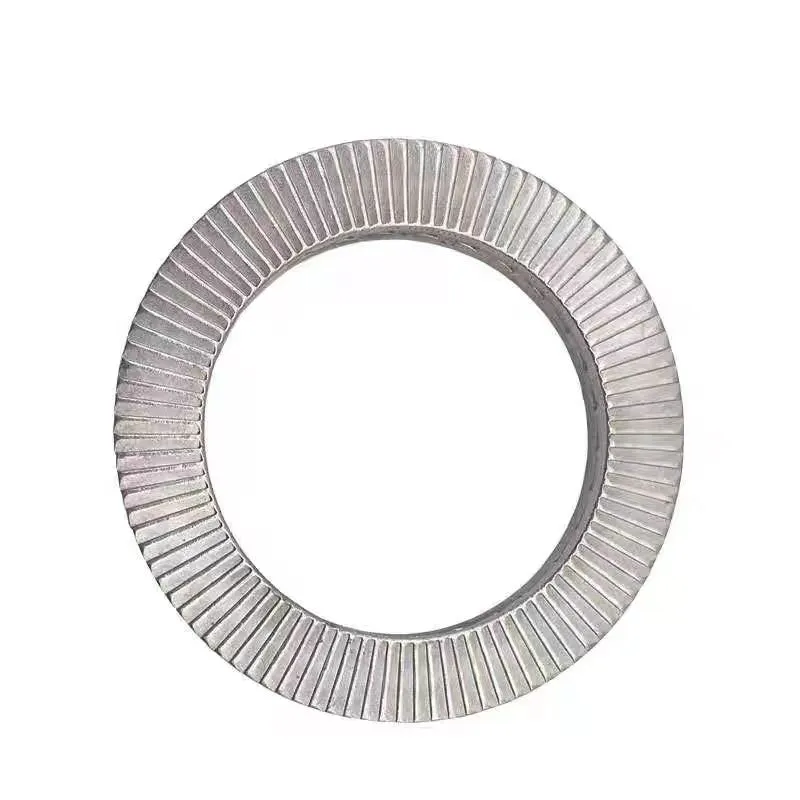

Self-Drilling Screws for Metal Studs Perfect for Quick and Efficient Drywall Installations
Aug . 14, 2024 12:48 Back to list
Self-Drilling Screws for Metal Studs Perfect for Quick and Efficient Drywall Installations
Self-Drilling Drywall Screws for Metal Studs The Ultimate Guide
When working with metal studs in construction or renovation projects, selecting the right fasteners is crucial for achieving a strong and durable finish. Self-drilling drywall screws, specifically designed for use with metal studs, offer several advantages over traditional screws, making them an excellent choice for both DIY enthusiasts and professional contractors alike.
What are Self-Drilling Drywall Screws?
Self-drilling drywall screws, also known as self-tapping screws, are specialized fasteners that have a drill bit-like tip. This design allows them to penetrate metal studs without the need for pre-drilling, which can significantly save time and effort during installation. The ability to drill and fasten in one step makes these screws particularly advantageous when working with the thin gauge of metal typically used in modern construction.
Advantages of Using Self-Drilling Screws
1. Efficiency As mentioned, the primary benefit of self-drilling screws is their efficiency. Contractors can quickly attach drywall to metal studs without needing to stop and drill pilot holes. This is especially beneficial in large-scale projects where time is of the essence.
2. Precision The sharp, pointed tips of these screws allow for precise drilling into metal. This precision reduces the chances of damaging the studs or misaligning the screws, promoting a clean and professional finish.
3. Greater Holding Power Self-drilling screws are engineered to provide exceptional holding power, which is especially important when working with heavy drywall materials. Their design ensures that they grip firmly into the metal studs, reducing the likelihood of loosening over time.
4. Versatility These screws are suitable for a variety of applications beyond just drywall installation. They can also be used for attaching furring strips, performing metal-to-metal connections, and securing other materials to metal frames, making them a versatile addition to any toolbox.
self drilling drywall screws for metal studs

Choosing the Right Self-Drilling Screws
When selecting self-drilling screws for your project, consider the following factors
1. Gauge The gauge of the screw indicates its thickness. Typically, 8 gauge screws are ideal for attaching drywall to metal studs. However, for heavier applications or thicker materials, it may be beneficial to opt for a heavier gauge.
2. Length Choose the proper length screw for your specific application. A standard length for attaching drywall is 1-1/4 inches, but depending on the thickness of your drywall and the metal studs, you may need longer screws.
3. Coating Some screws come with a corrosion-resistant coating, which is particularly important in humid or wet environments. This coating helps to prolong the life of the screws and maintain the integrity of the structure.
4. Type of Head Self-drilling screws come with various head types, including flat-head and bugle-head screws. For drywall applications, bugle-head screws are often preferred as they sit flush with the drywall surface, allowing for easy finishing.
Installation Tips
When installing self-drilling screws, it’s essential to use the right power tool. A drill/driver with adjustable torque settings will help prevent over-driving the screws, which can lead to damage to the drywall or metal studs. Additionally, ensure that the screws are installed straight to maintain their holding power.
In conclusion, self-drilling drywall screws for metal studs represent an essential tool in any construction project involving drywall. Their efficiency, precision, and versatility make them the go-to choice for contractors and DIYers alike. By understanding the various options and ensuring proper installation, you can achieve a professional finish that stands the test of time.
Latest news
-
High-Strength Hot-Dip Galvanized Bolts-Hebei Longze|Corrosion Resistance&High Strength
NewsJul.30,2025
-
Hot Dip Galvanized Bolts-Hebei Longze|Corrosion Resistance&High Strength
NewsJul.30,2025
-
Hot Dip Galvanized Bolts - Hebei Longze | Corrosion Resistance, High Strength
NewsJul.30,2025
-
High-Strength Hot Dip Galvanized Bolts-Hebei Longze|Corrosion Resistance, Grade 8.8
NewsJul.30,2025
-
Hot Dip Galvanized Bolts-Hebei Longze|Corrosion Resistance,High Strength
NewsJul.29,2025
-
High-Strength Hot Dip Galvanized Bolts - Hebei Longze Metal Products Manufacturing Co., Ltd.|corrosion resistance&high strength
NewsJul.29,2025

